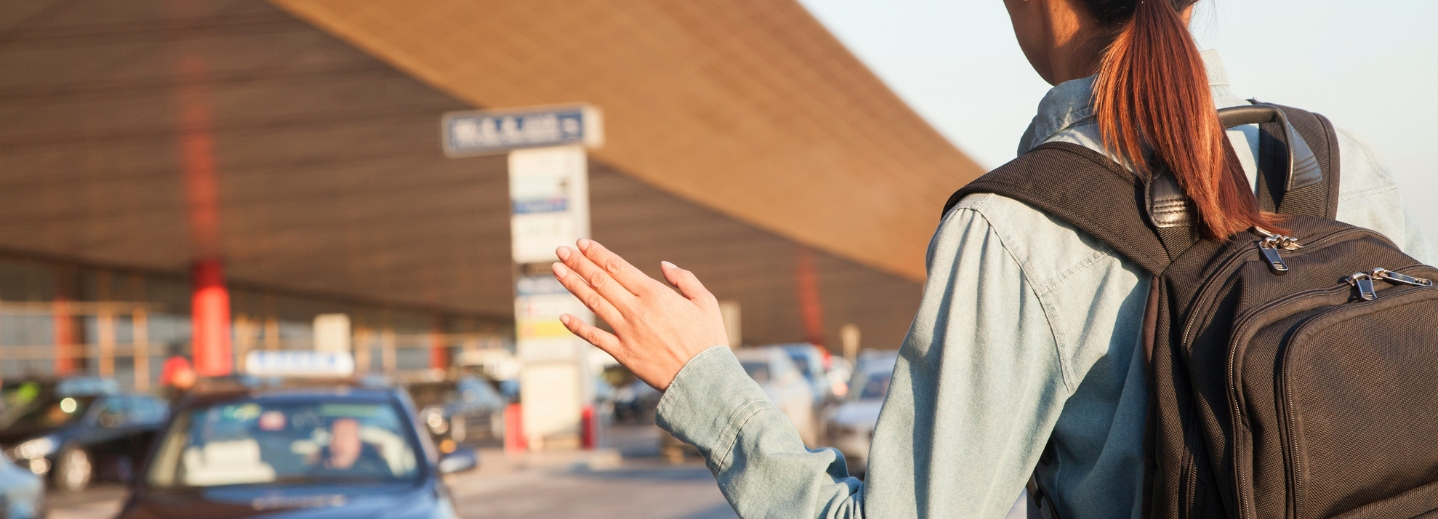Safe Travels: Five Tips to Remember

Exploring new states and other countries can be fun and thrilling. Anytime you are in a new or unfamiliar place there are some safety tips to keep in mind.
Medical information should be accessible
Smart phones are used for anything and everything you can imagine – including storing life-saving information. If you have a medical condition or severe allergies, consider using an app to display this information on your phone’s lock screen. You can use the Health App if you have an iPhone™ or Medical ID if you have an Android™. This is especially helpful if you’re traveling alone.
Have a room reserved for your first day
Some people like to travel spontaneously, pulling into towns with no idea where they’ll stay. But what if there’s a special event going on and all the hotels are full? Prepare ahead of time and make sure you have somewhere to spend the night when you arrive. And don’t skimp too much – you’ll probably be tired the first day and just want to relax, so choose a place that has good security and amenities.
Be willing to spend when you don’t feel safe
If you reserved a place to stay and your room accommodations make you feel unsafe, be proactive and find another hotel or motel in a safer area. You really cannot put a price on your safety! See if your new hotel can pick you up instead of using a ride-sharing app or taxi. The next day, look for something in your price range that has positive online reviews – then stay there for the remainder of your trip. Saving a few dollars by lodging in an unsafe area is not worth the risk.
Be aware of your surroundings
Always be aware of your surroundings and keep your belongings close to you. Invest in a purse or bag that can stay close to your body – even when you sit down for a meal at a restaurant! Avoid being an easy target for not being aware of people around you - keep your head up when you’re walking and make eye contact with people in passing.
Don’t keep all valuables in one place
Split up your cash, credit cards, and hotel keys so they’re not all in one wallet or purse. If your wallet gets lost or is stolen, having a $50 or $100 in your shoe or a different pocket can be a lifesaver. Without a debit or credit card, you’ll have a difficult time getting food or even getting back to your hotel. The cash will help you get through the night until your financial institution opens the following day.
Safe Travels!
By Campus USA at 9 Nov 2018, 14:54 PM